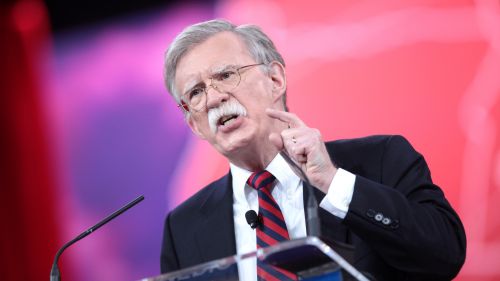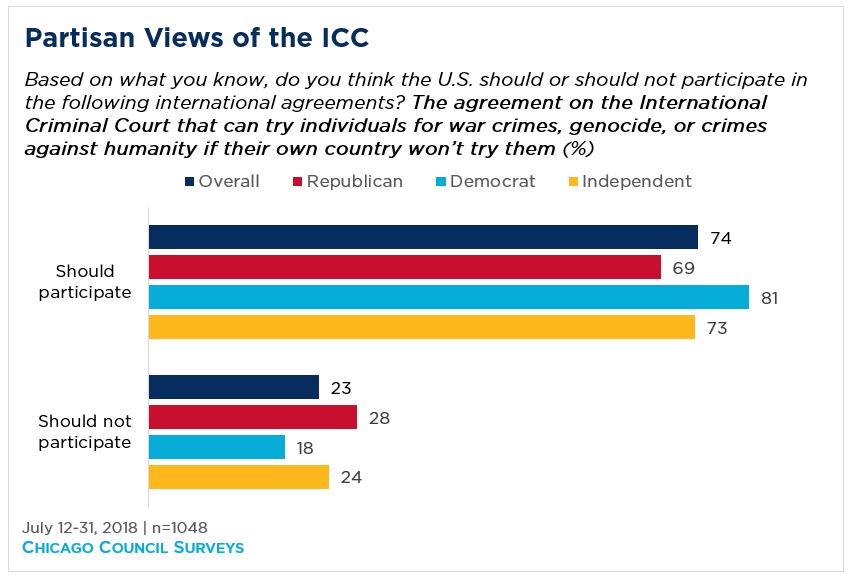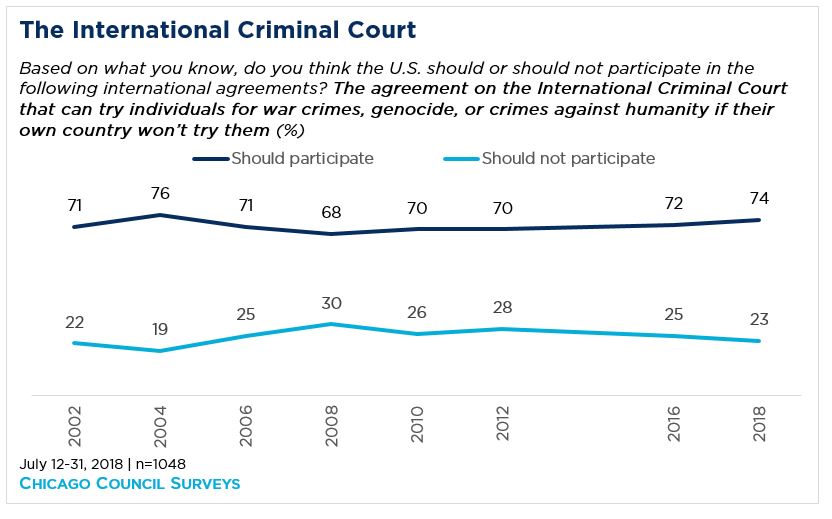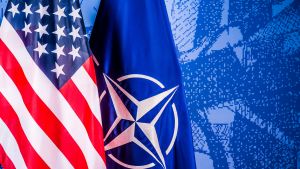The ICC Is Dead to John Bolton, But Not the Public

In his first speech as National Security Advisor, Bolton threatened to sanction International Criminal Court (ICC) judges, bar them from traveling to the US, and use US courts to prosecute them.
In a speech on Monday, September 10, 2018, National Security Advisor John Bolton announced a number of hostile policies aimed at the International Criminal Court (ICC).
In his first speech as National Security Advisor, made to the Federalist Society, Bolton threatened to sanction ICC judges, bar them from traveling to the US, and use US courts to prosecute them. These restrictions come as the ICC has called for investigating Americans over alleged war crimes in Afghanistan.
"We will not cooperate with the ICC. We will provide no assistance to the ICC. We will not join the ICC. We will let the ICC die on its own. After all, for all intents and purposes, the ICC is already dead to us."
Established by the Rome Statute in 1998 and established in 2002, the ICC was opposed by then-President George W. Bush, and the US has never ratified the treaty. Bolton, famously focused on international law and strict opposition to multilateralism, has long opposed the ICC, including during his Bush administration tenure as US ambassador to the UN.
However, Bolton's opposition to the ICC has little support among the broader American public, even among his fellow Republicans. Data from the new 2018 Chicago Council Survey, fielded July 12-31, 2018, finds that three in four Americans (74%) support US participation in the agreement on the International Criminal Court. That includes majorities of Republicans (69%), Democrats (81%), and Independents (73%).

Nor is this public support for the ICC new. Since the ICC entered into force in 2002, Americans have favored US participation. That support has held steady for the past sixteen years, with roughly seven in ten in support and between two and three in ten opposed.



Learn more
 Public Opinion
Public Opinion
The 2018 Chicago Council Survey indicates that Americans now supported active US engagement in world affairs, the largest majority since 1974—except for just after the September 11 attacks.
 Public Opinion
Public Opinion
The US public views North Korea’s nuclear program as one of the top threats facing the country.
 Public Opinion
Public Opinion
Not all Republicans share President Trump's "America First" policies. Council expert Dina Smeltz explains where "Trump Republicans" and "Non-Trump Republicans" differ.
